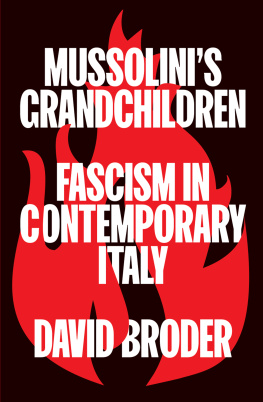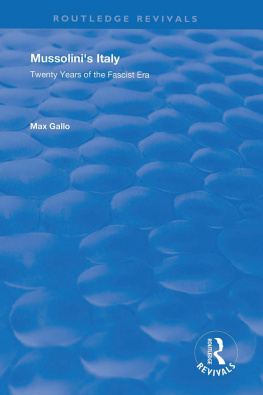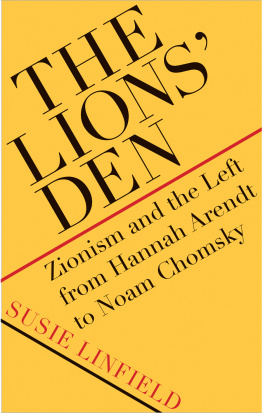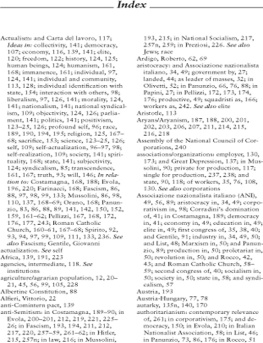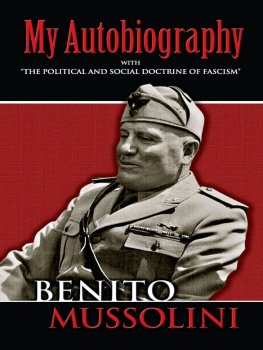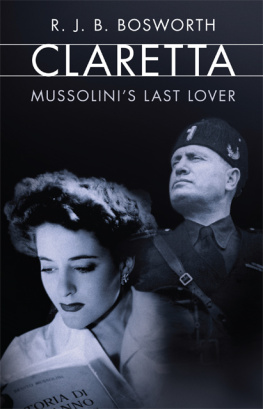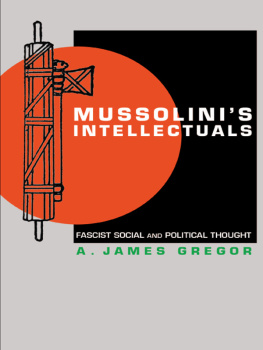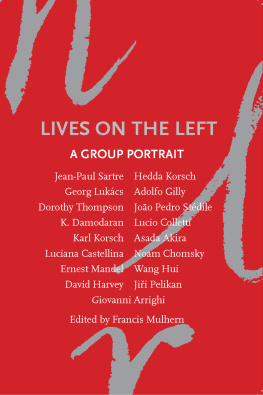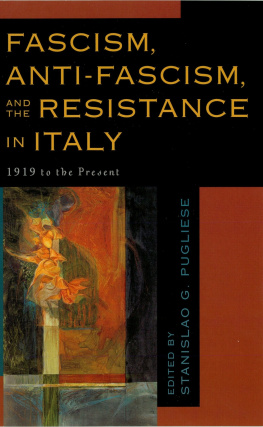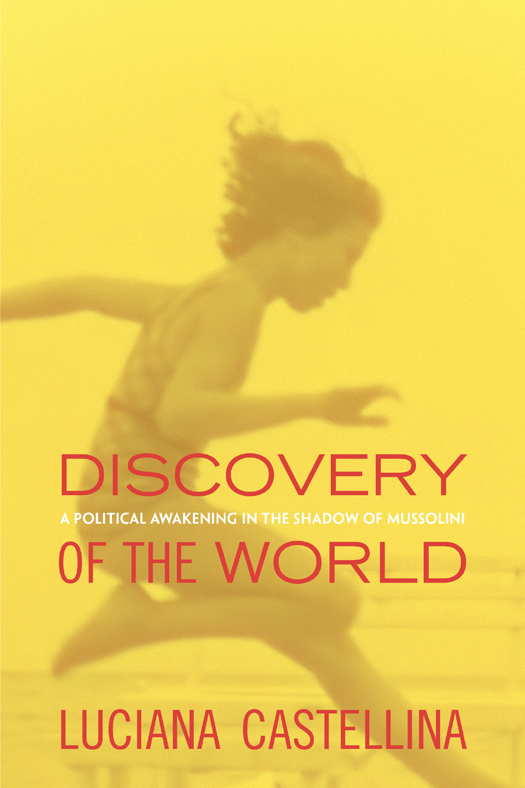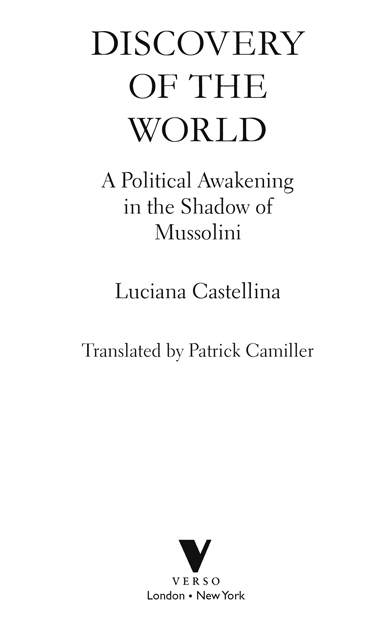This English-language edition published by Verso 2014
Translation Patrick Camiller 2014
First published as La scoperta del mondo
nottetempo srl 2011
All rights reserved
The moral rights of the authors have been asserted
Verso
UK: 6 Meard Street, London W1F 0EG
US: 20 Jay Street, Suite 1010, Brooklyn, NY 11201
www.versobooks.com
Verso is the imprint of New Left Books
ISBN-13: 978-1-78168-286-9 (HBK)
eISBN-13: 978-1-78168-287-6 (US)
eISBN-13: 978-1-78168-659-1 (UK)
British Library Cataloguing in Publication Data
A catalogue record for this book is available from the British Library
Library of Congress Cataloging-in-Publication Data
A catalog record for this book is available from the Library of Congress
v3.1
It is a great bore to keep a diary but a great delight to have kept one.
The Diary of John Ruskin, 30 December 1840
CONTENTS
FOREWORD
Fourteen years old in 1943. My mother, a girl, is tottering towards adulthood in a world that suddenly shows itself to be larger and more intricate than the one she has learned about on the cramped, stifling school benches of Fascist Italy. The narrative begins on the Adriatic in Summer 1943, at the Mussolini Villa in Riccione. A tennis match with the dictators daughter, Anna Maria, is interrupted by security men in plainclothes. During the night Mussolini is arrested in Rome: the Fascist regime is crumbling. From 1943 to 1947, the years of the diary, a succession of momentous events breaks up the normal rhythm of life: the Armistice, the capitulation of a ruling class that is no longer felt to represent anyone, the German occupation, the Resistance, the end of the war, the great issues of the peace.
The diary unfolds on two tracks. The first, typical of a teenager, is an introspective search for an identity of her own. The second is a gradually dawning awareness of everything beyond the self: the war, racial persecution, the end of an era, and then a peacetime world with broader horizons (Paris, Prague, Europe) and a society more complex, unjust and unequal than she has glimpsed from the bourgeois vantage point of her childhood.
As in all coming-of-age stories, the pages tell of a will to shake off the confines of an over-familiar environment, to be a player in life and no longer just a spectator. This is a microhistory of discovery, in which the author overcomes fears and hesitations to embrace life in its entirety and to assume her own part as a being alive within it.
In essence it could be the trajectory of any fourteen-year-old. But the historical circumstances are clearly exceptional: they speed up the learning process and lead to choices which, in another time, might have been different for a girl from a middle-class family. In some respects so normal, loving the festivals and holiday camps that she attends between Cortina and Venice and knowing that partly because her family is after all modern and unprejudiced life is about pleasure as well as duty, she nevertheless feels an urgent need to commit herself to a collective enterprise. It seems the natural course to take in those years between 1943 and 1947, when the discovery of life mingles with a growing understanding of the plight of deportees, with the suffering in the family caused by the death of Aunt Vittorina fleeing racial persecution, and with the experience of aerial bombardment and widespread fear. On the one hand, there are the intellectual circles she begins to frequent in Rome, her growing interest in painting, her trip to Paris, the great modern metropolis, and her encounters (in Paris, Milan and Venice) with a more sophisticated world than the one she has previously known. On the other hand, slightly later, there are the numerous acquaintances she makes between Prague and Yugoslavia, with young people from different social and geographical backgrounds to whom she feels joined in a common endeavour to rebuild the world on new foundations. I see this journey of my mothers as an initiation into life rather than politics a discovery of the world in its complexity, and of the possibility of fully engaging with it.
The diary closes in 1947, but the final pages of the book allude to what came after. My mother, like so many other young Italians of bourgeois origin at that time, had become a Communist in order to build the world anew after the devastation of war. But instead the world closed again and split into two an outcome sealed by the electoral defeat of the Left in 1948.
In my own childhood, between the late Fifties and the Sixties, the world shrank once more and society grew more divided: the only ones who counted were the Communists; the rest were others. Yet for me it was a land of the seven wonders. We were different, and proud of it; indeed, my younger brother and I found it unthinkable that the central purpose of our lives should not be to make society more just. We did not live in a ghetto, however. At home all kinds of people came visiting: legendary leaders such as Togliatti; other Communist intellectuals who had opted for political activism; and a wide variety of fellow travellers who were felt to be less close, being from countries where the Communist Party had not been able to win over intellectuals as it had in Italy. They talked and argued at great length about ideas, politics, art and literature, with no distinction between their public activity and private life. I have always felt that my parents enjoyed themselves; there was nothing bigoted in this single-minded commitment of theirs. Communist intellectuals of the postwar generation were not fanatical like the older ones about whom my mother writes in her diary. They represented an Italian version of the modern, progressive, cosmopolitan bourgeoisie. The nature of their politics is understandable, precisely because the discrediting of the Italian ruling class under Fascism meant that progress could not but involve a radical orientation.
My political convictions as an adult have become very unlike those of my mother, but I understand why her diary ends on a note of nostalgia for that life in the Communist Party. From those years of sharp political conflict, when Italy was growing richer yet remained deeply divided, I remember a great optimism, a great faith in progress, and a constant attempt to keep abreast of society. As a child, I would accompany my mother to so many meetings, leafleting expeditions and lunches with the comrades in various regional organizations. I saw a country I would not have seen otherwise, and I came to realize that the ways in which people live and work are different, that their social background matters and can weigh heavily against them. It was a real education.
My own fourteenth birthday came twenty-five years after my mothers, in August 1968. That too was a moment of passage: it marked the close of the postwar period and the end of my childhood. I did not keep a diary, but I sometimes ask myself what I would have written in one during the years between the movement of 68 and the rise of terrorism in 1973. Like my mother before me, I was too young to be an out-and-out protagonist, but of course I took part confusedly in events that would have a lasting impact. Italy has certainly changed a great deal since then from a basically agrarian country into a major industrial power and the movement of the late 1960s was itself symptomatic of the transformations and the emergence of new social strata. In a sense, my baby boom generation was more fortunate, living as it did through the affluent society, a huge expansion of education, the legalization of divorce and abortion, and new opportunities for women. But we also experienced greater disappointment. I too, like my mother, wanted to understand Italy and the world, to be an active participant in the events of the time. In fact, I left Rome in 1973 and went to study in Northern Italy, because it seemed to me that something very important was happening in that more developed part of the country. But there is not the same note of optimism in my recollections of the period: I simply felt trapped and needed to get away. In the 1970s I sensed that outside Italy the Italy of terrorism, Moros assassination, and conflicts that were tearing society apart yet offered no convincing alternative models or values there was a wider world to be discovered and won. I do not know if I was right to leave my country for the United States: it was my answer to the sense of suffocation that Italy provoked in me during those years. Nor do I know whether my mother would have done the same if she had been born in the 1950s instead of 1929. What is certain is that the idea of a wider world to be understood and experienced came with her stories of railway construction in Yugoslavia, with her opening of our house to people from every corner of the globe, with all the languages she spoke, and with the cosmopolitan sensibility that she developed in the postwar Communist movement but which had its essential roots in her Central European family.


